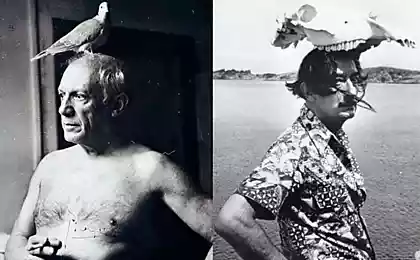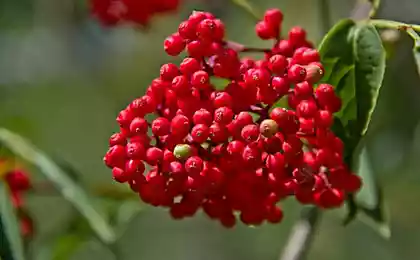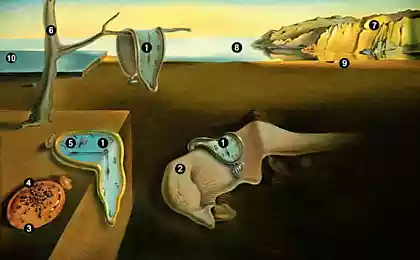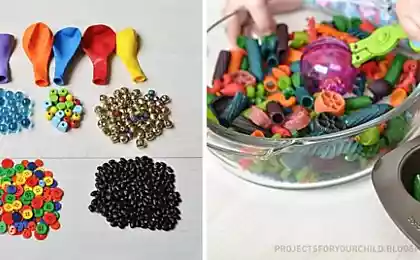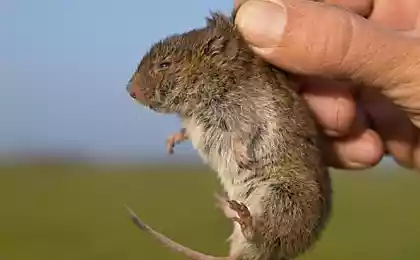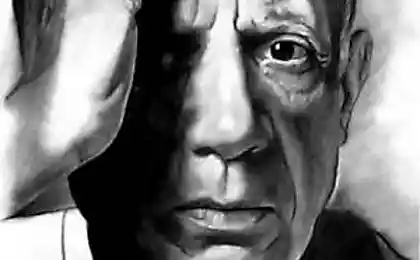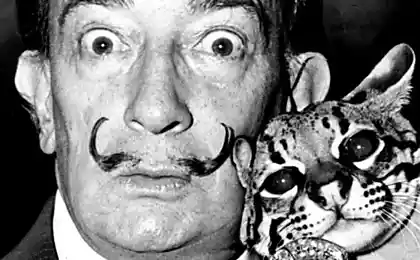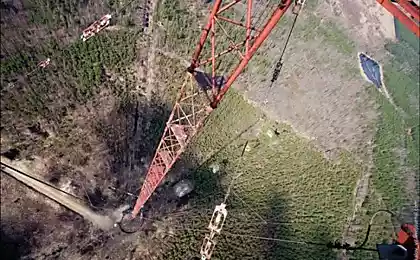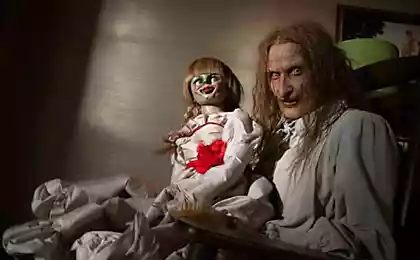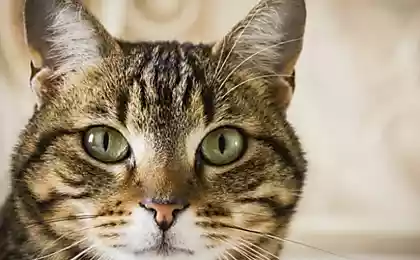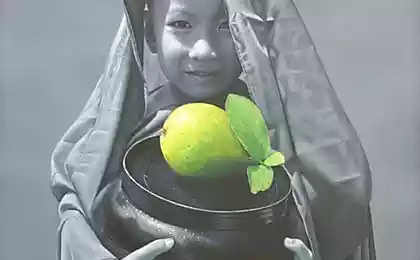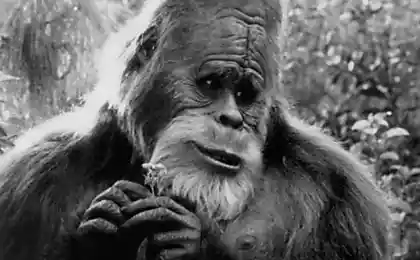1058
Small rodents have not given extinct prehistoric forests
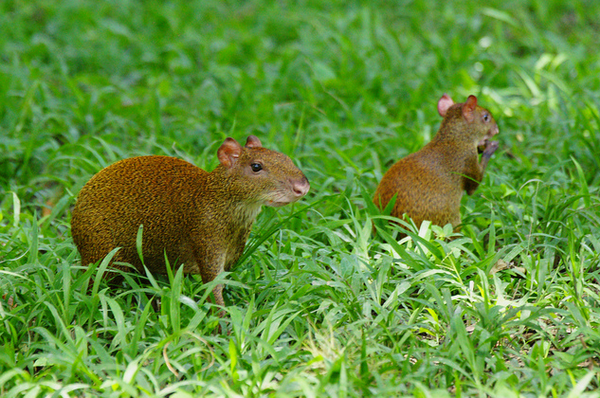
According to scientists, small rodents can spread the seeds of trees with no less efficient than large animals, so in the absence of megafaunal small "gardeners" can literally save them from the death of the whole forest.
Thousands of years ago the forest huge proboscidians gomphotherium do important work - ate the fruit of the trees and spread their seeds. Tropical wood giants settled thanks to the giant beasts. But gomphotherium gone more than 10 thousand. Years ago. But the trees after their "sowers" do not become extinct, and even continued to flourish. Which means that someone took over the job sunk gomphotherium.
Researchers at the Smithsonian Tropical Research Institute (USA) and the University of Wageningen (Netherlands) came to the conclusion that the saviors of ancient forests have become far elephantine agouti. This small rodents that look like a cross between a rabbit, guinea pig and tiny deer. Agouti "hunt" to plant seeds; finding food, they hide it in a cache. It seems to be of no distributing seeds out of the question. But, as it turned out, in favor of the trees can play a thieving habits of the agouti.
Zoologists have provided sixteen agouti individual marks, and some hiding places put the camcorder. In addition, individual radio sensor was attached to 589 seeds, and within a year the scientists could track the fate of each seed. It turned out, more than half of the seeds at least once changed the host: agoutis come to a stranger hiding place and shamelessly robbed colleagues in mind. Thief trying to carry out production as far as possible to relatives before they reached her. But these precautions were not too effective: for example, one of the seeds passed from hand to hand more than thirty times, having done the total distance equal to 750 m, and removed from the original hiding place in the 280 m.
Ability to send their seeds away is extremely important for the plant: it just depends on the survival of the population and species. This increases the genetic diversity at a meeting with representatives of other populations, helping to develop new territories and prevents pest infestation, which may suffer from the parent plant. Therefore it is so important to be under the "tutelage" animals-"gardeners" that could spread the seeds. Until now it was thought that this role carries megafauna - large prehistoric animals like elephants gomphotherium or present, who are the vast distances, scattering passing undigested seeds.
But, apparently, so far scientists have underestimated the role of small animals: it was believed that it can not effectively distribute seeds. The experiment showed otherwise. That is the place of extinct gomphotherium can take small animals like agoutis, which saved the prehistoric forests from extinction.
Here, however, there is a problem: rodents successfully digest the seeds, and as the researchers wrote in the journal PNAS, a year later, "survived" only 14% of the seeds from the recesses of the agouti. The authors argue that the presence of fresh food, this percentage could be higher: agouti forget about their "canned" and will give the opportunity to germinate seeds. Anyway, before we talk about the role of small rodents in the spread of plant seeds, you need to make sure that the seeds that fall to the rodents do have a significant chance to survive and give rise to a new tree.


